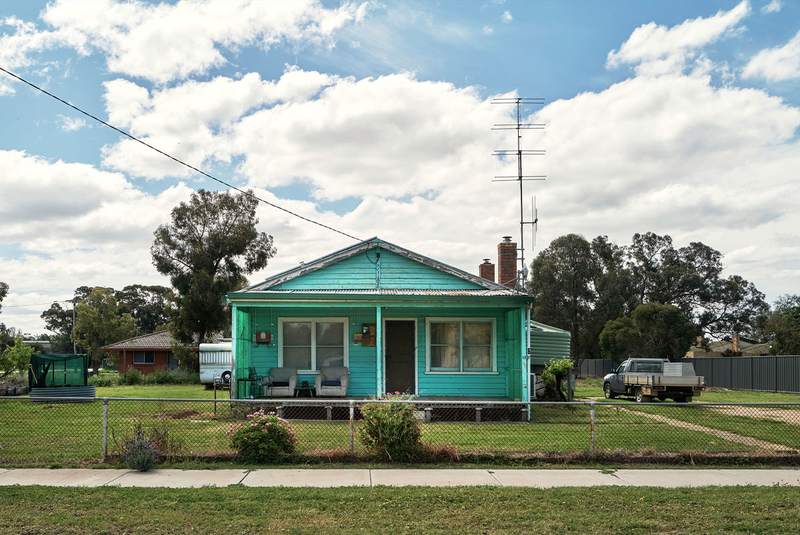Many homeowners have a large portion of their assets tied up in their home in the form of home equity. Depending on your circumstances, now might be the right time to invest in your future by converting your equity into cash with a cash-out refinance. From consolidating debt to investing in real estate, there are many ways to take advantage of a cash-out refinance.
Why Invest With A Cash-Out Refinance Strategy
Conventional wisdom suggests that the safest place to keep your home equity is in your home – but there is more you can do with the money hidden in your walls. While home prices generally trend upward – making a home a safe bet and valuable investment – tapping into your equity and strategically investing it can build your financial future.
With a cash-out refinance, you replace your existing mortgage with a new one by borrowing more than the outstanding balance on your mortgage. You pocket the difference between the new, larger loan and your previous loan as cash and can use it for various purposes, including investing.
Compare Refinance Offers From Verified Lenders:
Invest In An Emergency Fund
An emergency fund keeps you financially prepared for the unexpected. While a fund can build peace of mind, it can be challenging to grow while juggling day-to-day expenses. That’s where a cash-out refinance comes in. You can tap into the equity in your home to free up cash and set it aside in an emergency fund for any of life’s surprises and unexpected expenses.
Invest In Your Retirement
If you’re 50 or older and need to catch up on building retirement funds, taking cash out of your home could help shore up your nest egg.
The IRS allows you to contribute an additional $7,500 a year to your 401(k) or 403(b) plan beyond the standard $22,500 annual limit. You can also maximize your IRA with extra contributions, $1,000 to your Roth IRA and $3,500 to your Simple IRA.
Depositing the cash from your home into these tax-advantaged accounts can help you save even more for your future needs.
Invest In Education
Do you want to help your children or grandchildren pay for college? Do you plan on going back to school?
If you want to provide a financial boost to a college fund or reduce or avoid student loan debt, taking cash out of your home through equity can translate into an investment of thousands of dollars in an education and career.
See What You Qualify For
Buy A Home
Discover mortgage options that fit your unique financial needs.

Refinance
Refinance your mortgage to have more money for what matters.
Tap Into Equity
Use your home’s equity and unlock cash to achieve your goals.
Invest In The Stock Market
When mortgage interest rates are low, investing in the stock market may offer higher returns than keeping your money locked up in your home.
Historically, investing in a diverse portfolio of stocks over the long term – an index fund, for example – usually delivers a return of about 7% after inflation. Remember that investing in the stock market has risks. To help minimize your risk, consult with a financial advisor before investing in individual stocks or investment vehicles.
Using A Cash-Out Refinance To Buy Investment Property
Taking cash out to make a down payment on a rental property can develop into a valuable opportunity to gain passive income.
You can invest in a short-term project, like buying and renovating a house to resell, or make a longer-term investment, like buying a single-family or multifamily property to rent out.
In addition to rental income, you earn more equity to convert into cash. And if you use the money from your cash-out refinance to buy, build or repair an investment property, you can deduct the interest from your taxes.
Investment properties usually require a larger down payment and a higher credit score than primary residences, and lenders typically charge higher interest rates.
Investing in real estate has its advantages and disadvantages. To help protect your investment, make sure you’re on a solid financial footing before purchasing your first property.
Using A Cash-Out Refinance To Invest: FAQs
Do you have more questions about using a cash-out refinance to invest? We’ve compiled helpful answers to some frequently asked questions.
How much equity do I need to qualify for a cash-out refinance?
Most lenders require that you have at least 20% equity in your home before they can offer you a loan. To determine how much equity you have available, calculate the difference between your mortgage balance and 80% of your home’s value. The larger the difference, the more equity you can borrow.
Is a cash-out refinance the only way to use my available home equity?
No, you have other options. You can access home equity through a home equity loan, which typically has slightly higher interest rates and shorter repayment periods than a cash-out refinance. Or you can access your equity through a home equity line of credit (HELOC).
Should I use a cash-out refinance to invest?
That depends. To help ensure your cash-out refinance maximizes your investment goals instead of costing you money, your investment gains must outweigh the interest on your new, larger loan. If you got your loan when interest rates were low and they’ve gone up, a cash-out refinance may cost you more than the money you’d make investing.
How can I determine if a rental property is a good investment?
When considering investment properties, keep the capitalization rate (or cap rate) in mind. It’s a key metric that estimates your annual return on investment after expenses, expressed as a percentage of a property’s value. To calculate it, you’ll need to know a property’s value and how much rent you can collect based on similar properties in the area. The higher the cap rate, the more profit you’ll likely generate.
The Bottom Line
A cash-out refinance can be a powerful financial tool that builds an emergency, college or retirement fund or finances real estate investments. Talk to a trusted financial advisor about releasing the equity locked in your home.
View Your Cash-Out Refinance Options
See recommended cash-out refinance options and customize them to fit your budget.

Miranda Crace
Miranda Crace is a Staff Writer for Rocket Companies, bringing a wealth of knowledge about mortgages, personal finance, real estate and personal loans for over 10 years. Miranda is dedicated to advancing financial literacy and empowering individuals to achieve their financial and homeownership goals. She graduated from Wayne State University, where she studied PR writing, film production and film editing. In her spare time, Miranda enjoys traveling, actively engages in the entrepreneurial community, and savors a perfectly brewed cup of coffee.












